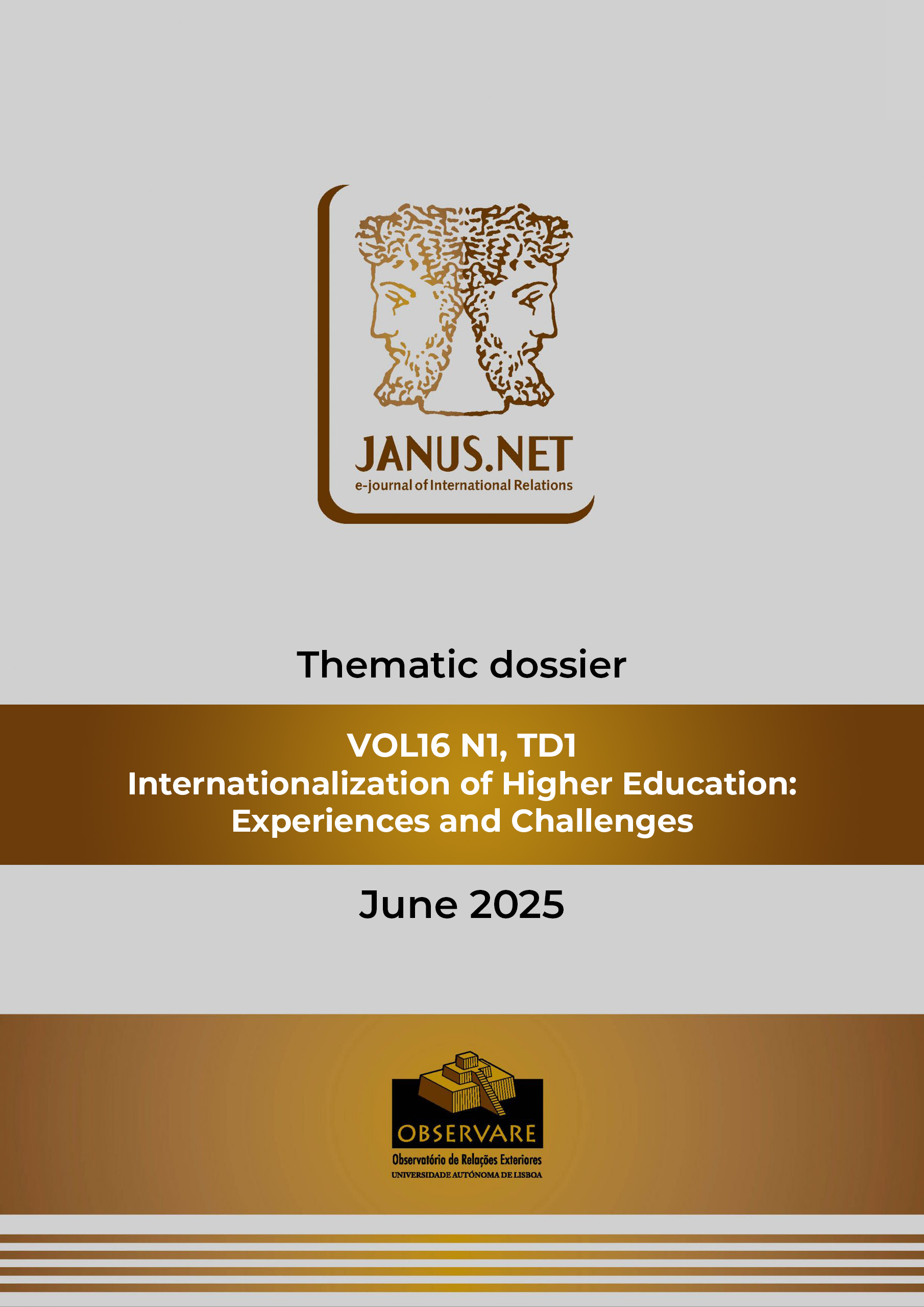THE EUROPEAN HIGHER EDUCATION ALLIANCES: THE CHALLENGES OF TRANSNATIONAL UNIVERSITY COOPERATION
DOI:
https://doi.org/10.26619/1647-7251.DT0325.5Keywords:
European Higher Education Alliances, Transnational University Cooperation, Bologna Process, Labor Competitiveness, Educational MobilityAbstract
The European Higher Education Area has paved the way for a more inclusive and accessible education by facilitating the mobility of teachers and students among universities adhering to the Bologna Process framework. At the 2017 Gothenburg Summit, a further step was taken. Since then, the European Commission has promoted the creation of European University Alliances aimed at improving the quality of higher education through long-term cooperation projects among institutions in the member states. In this context, the European Strategy for Universities was presented in 2022, with four objectives: to strengthen the European dimension of higher education, to consolidate universities as promoters of the European way of life, to make universities key agents of change in the ecological and digital transition, and to position universities as global leaders representing the EU. Achieving these goals undoubtedly requires overcoming significant challenges, including funding, the establishment of joint European degrees, the creation of a legal status for alliances, and international mobility, among others. Therefore, this article will address the current characteristics of higher education, considering not only the common objectives shared by the universities that form the alliances but also the challenges they face in this new phase where joint degrees are being implemented.


